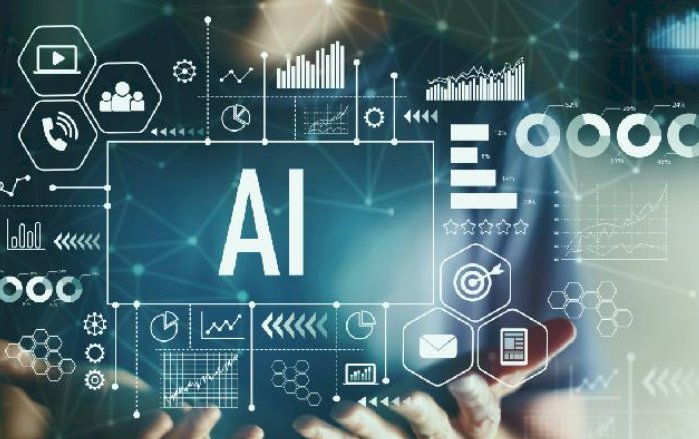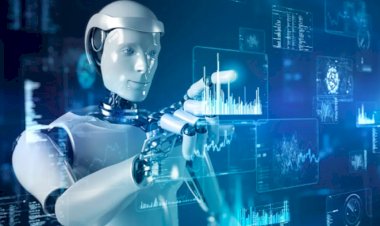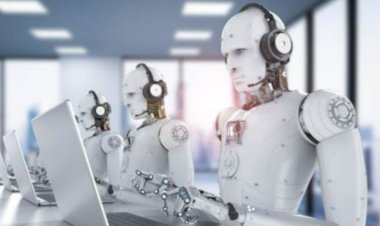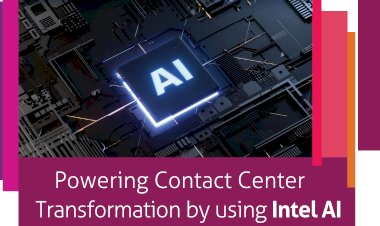AI in 2025: Purpose-driven models, human integration, and more

Artificial Intelligence (AI) continues to evolve rapidly, and by 2025, its impact will be more profound than ever. With advancements in purpose-driven models, seamless human-AI integration, and responsible AI development, the technology is set to transform industries and everyday life. Here’s a look at what AI in 2025 will bring.
1. Purpose-Driven AI Models
AI is moving beyond general-purpose applications to domain-specific, purpose-driven models. These models are tailored for industries like healthcare, finance, and education, offering more precise and efficient solutions. For instance:
-
Healthcare: AI-powered diagnostics and personalized treatment plans will enhance patient care.
-
Finance: Advanced fraud detection and risk assessment models will ensure secure transactions.
-
Education: AI tutors will provide personalized learning experiences, adapting to individual student needs.
By 2025, AI models will be more transparent, interpretable, and aligned with specific industry needs.
2. Seamless Human-AI Integration
AI is no longer a separate entity but an extension of human capabilities. Integration with human decision-making will be crucial for optimal results. Key developments include:
-
AI Augmenting Workforces: AI-driven automation will support, rather than replace, human jobs by handling repetitive tasks and allowing humans to focus on creativity and strategy.
-
AI Assistants: Virtual assistants will be more intuitive, understanding context and emotions better.
-
AI in Daily Life: From smart homes to AI-driven customer support, human-AI collaboration will enhance convenience and productivity.
3. Ethical AI and Responsible Development
With AI’s growing influence, ethical considerations remain a top priority. AI in 2025 will emphasize:
-
Bias Mitigation: Developers will focus on reducing biases in AI models to ensure fairness.
-
AI Regulation: Governments and organizations will implement stricter regulations to promote responsible AI usage.
-
Sustainability: AI will be optimized for energy efficiency, reducing its carbon footprint.
4. Advancements in Generative AI and Creativity
Generative AI has already revolutionized content creation, and by 2025, it will reach new heights:
-
Hyper-Realistic Media: AI-generated images, videos, and audio will become indistinguishable from real content.
-
Personalized Content: AI will create custom-tailored experiences for users, from entertainment to advertising.
-
AI in Art and Design: Creative professionals will leverage AI to enhance and refine their artistic expressions.
5. AI in Autonomous Systems and Robotics
AI-driven robotics and autonomous systems will see significant advancements, impacting industries such as:
-
Transportation: Autonomous vehicles will be safer and more efficient.
-
Manufacturing: AI-powered robots will streamline production processes.
-
Healthcare: AI-assisted surgeries and robotic caregivers will improve medical outcomes.
Conclusion
As AI advances in 2025, its impact will be more purpose-driven, seamlessly integrated with human lives, and ethically developed. While challenges such as bias, regulation, and ethical concerns remain, the focus will be on leveraging AI for societal good. The future of AI is not just about automation—it’s about enhancing human potential and shaping a better world.




















